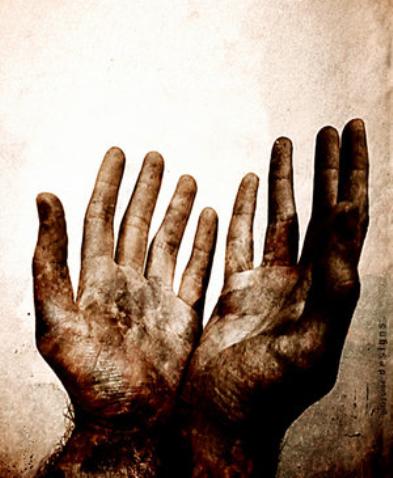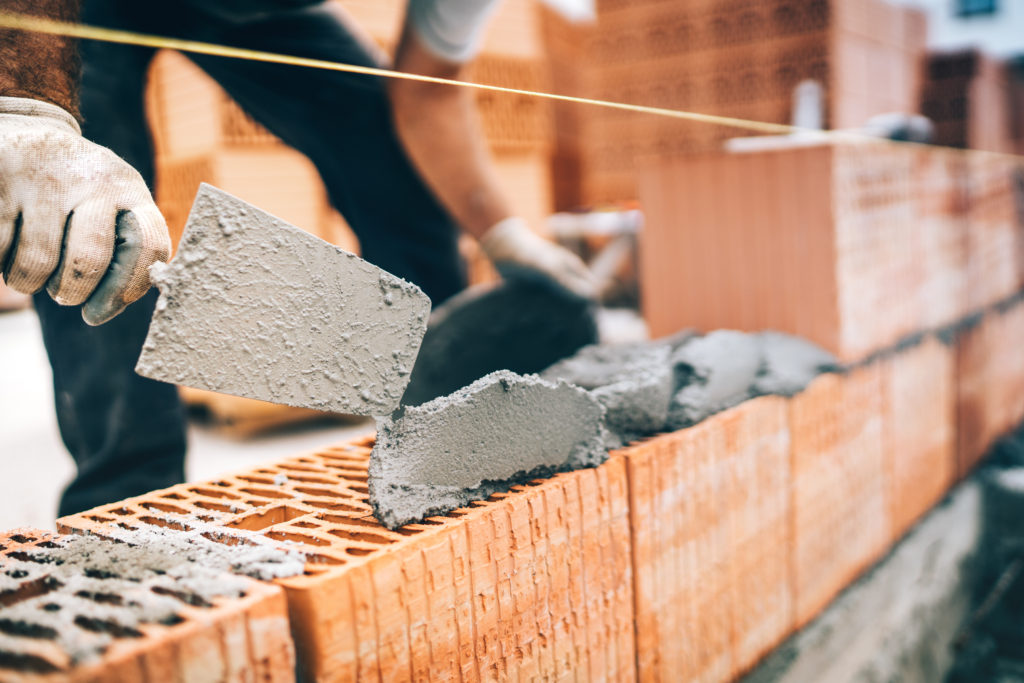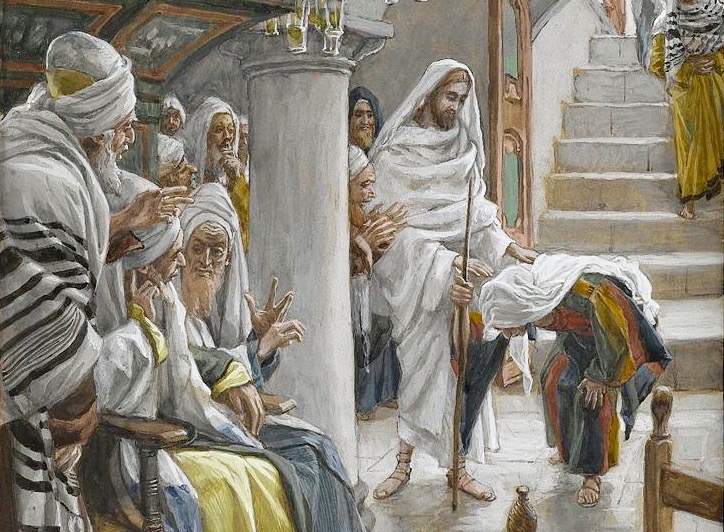
Looking out over the landscape, I see plans derailed like a massive train wreck, cars spilled in all directions. Some are huge: entire industries, like airlines and hotel chains. Others are smaller, but no less huge in their way: the senior trip, the anniversary cruise, the promotion, the book contract. The wholesale wreckage of plans leaves us stunned and confused, disappointed and devastated.
I had my own little plan, and now I’m as confused as anybody. Here’s how it started: twenty-one years ago we moved to five acres in the country because my husband was worried about Y2K (remember that?). I was less worried than he, but we found this place for cheap and bit off a renovation project that was a lot more than we could chew. Once the house was livable, we stayed and stayed.
After a few years, I decided I didn’t like this place. It has its charms, but nothing was very close, the only kind of internet connection we could get was dial-up, and after driving almost an hour to church (one way) once or twice a week, I was fed up. My husband felt differently, and let’s just say we had our disagreements.
Fast-forward about nineteen years, to 2018. We’re getting older—in fact, most people would call us old. My husband has just been diagnosed with Alzheimer’s, which accords with my growing suspicions, and though it takes a while to convince him—and he’s not always convinced—he’s coming around to my conviction that we need to move. Five acres will soon be too much for us to keep up, and we need to be closer to services, doctors, and help from the church.
Fast-forward to 2019. I have a plan. This year I’m going to start clearing out the clutter, selling a few collectibles, lining up carpenters and plumbers to make some minor repairs and enhancements. During the first quarter of 2020 I’ll be repainting, window-washing, and carpet-cleaning so we can stick a For Sale sign in the front yard by May 1.
Jump to February 2020. Problems have come up: the antiquated septic system will need a major overhaul, and that’s never good news. Also, the real estate agent has done a price comparison, and the likely selling price is way off what I expected. I’ll have to do some re-figuring and scale back expectations for what we might be able to buy.
Then comes March: real estate grinds to a standstill and so does everything else.
I used to lie awake at night, or wake up with a sense of dread that I’m stuck here forever. So this is like a nightmare come true, except—
It turns out to be not such a nightmare.
This property is beautiful in the spring. My carpentry plans are on hold, but I rearranged some furniture and my office and bedroom feels almost like a new house. We’ve been doing more together, like clearing brush and cutting the grass. In the evenings we read to each other. We’ve been getting more exercise, enjoying the peppy bird songs and hopeful spring peepers near the pond. I put out some flowers last week. I find myself thinking, if we’re still here another year or two . . .
It will be okay.
I’ve heard that people are getting too comfortable with quarantine; that it’s going to be hard to hop back on the overscheduled merry-go-round. The longer we’re stalled, the slower recovery will be, so the merry-go-round is likely to crawl before it spins. We’ll have to adjust to new speeds for everything, including the real estate market. But for now, for me, it was good to slow down and watch the slow golden sunset over our Kelly-green property line. The time will come to move, and all the old problems will still be there, and we’ll have to deal with them, and it won’t be fun.
But I am not stuck. I am paused, like the peasant girl in Breton’s Song of the Lark (my cover picture). In music, the pauses matter as much as the notes; potential hovers within, like the Spirit of the Lord hovering over the waters (Gen. 1:2).
Besides, on the other side of all this might be someone who’s looking for a quiet place in the country.



